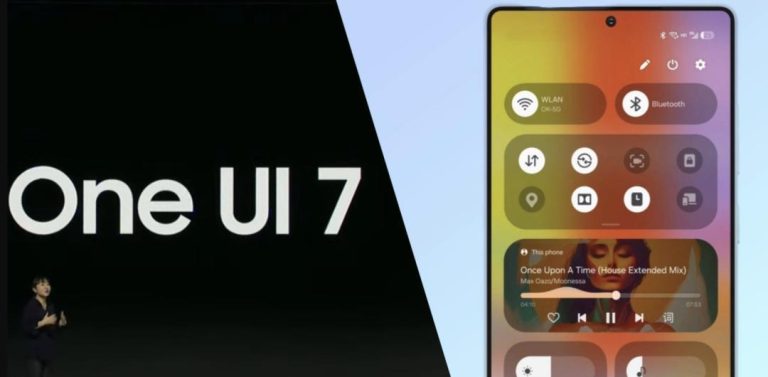
Coder who helped people cheat in job interviews raises ₹45 cr for cheating tool
In a shocking turn of events, a 21-year-old coder named Chungin ‘Roy’ Lee has raised a staggering ₹45 crore ($5.3 million) for his startup Cluely, a tool that uses AI to help users cheat on everything. Lee’s journey to success is nothing short of remarkable, but it’s also left many questioning the ethics of his venture.
Lee’s claim to fame began when he was suspended from Columbia University for using AI to help software engineers cheat in job interviews. Lee’s tool, which he claimed was “completely undetectable,” saw the user’s screen, heard their audio, and provided real-time assistance to ensure they aced their interviews. The controversy surrounding Lee’s actions sparked a heated debate about the role of AI in cheating, and whether it’s ever acceptable to use technology to gain an unfair advantage.
Despite the backlash, Lee was undeterred. He saw an opportunity to turn his hacking skills into a legitimate business, and set out to create a tool that could help people cheat on everything from job interviews to standardized tests. And it seems that his gamble has paid off, with Cluely attracting a significant investment from undisclosed sources.
So, what exactly is Cluely, and how does it work? According to Lee, Cluely is an AI-powered tool that can be used to cheat on any exam, interview, or test. The tool uses a combination of computer vision, natural language processing, and machine learning to provide users with real-time assistance. For example, if a user is taking a math test, Cluely can use computer vision to scan the question and provide the answer in real-time. If the user is in a job interview, Cluely can use natural language processing to analyze the interviewer’s questions and provide the user with pre-prepared answers.
Lee claims that Cluely is completely undetectable, and that it’s impossible for anyone to know that a user is cheating. This is because Cluely is designed to mimic the user’s actions, making it look like they’re doing the work themselves. For example, if a user is taking a coding test, Cluely can use machine learning to generate code that looks like it was written by the user themselves.
While Cluely may seem like a game-changer for anyone looking to cheat their way to success, it’s worth noting that Lee’s tool has sparked controversy. Many are questioning whether it’s fair to use AI to gain an unfair advantage, and whether it’s ethical to help people cheat. Others are concerned about the potential consequences of using Cluely, including the impact it could have on the integrity of important exams and tests.
Lee has defended his tool, arguing that Cluely is simply a tool that can be used for good or bad. He claims that Cluely can be used to help people who are struggling to pass important exams, or to help small business owners who are looking to cheat their way to the top. However, others are not so convinced.
“This is a tool that is designed to cheat, plain and simple,” said one critic. “It’s not a tool that is designed to help people learn or improve, it’s a tool that is designed to give people an unfair advantage. And that’s not something that we should be celebrating.”
In conclusion, Chungin ‘Roy’ Lee’s Cluely is a tool that has raised a lot of eyebrows. While it’s undeniably impressive, it’s also sparked a heated debate about the ethics of using AI to cheat. As we move forward, it’s important that we consider the potential consequences of using tools like Cluely, and whether they’re truly worth the risk.
Source:






